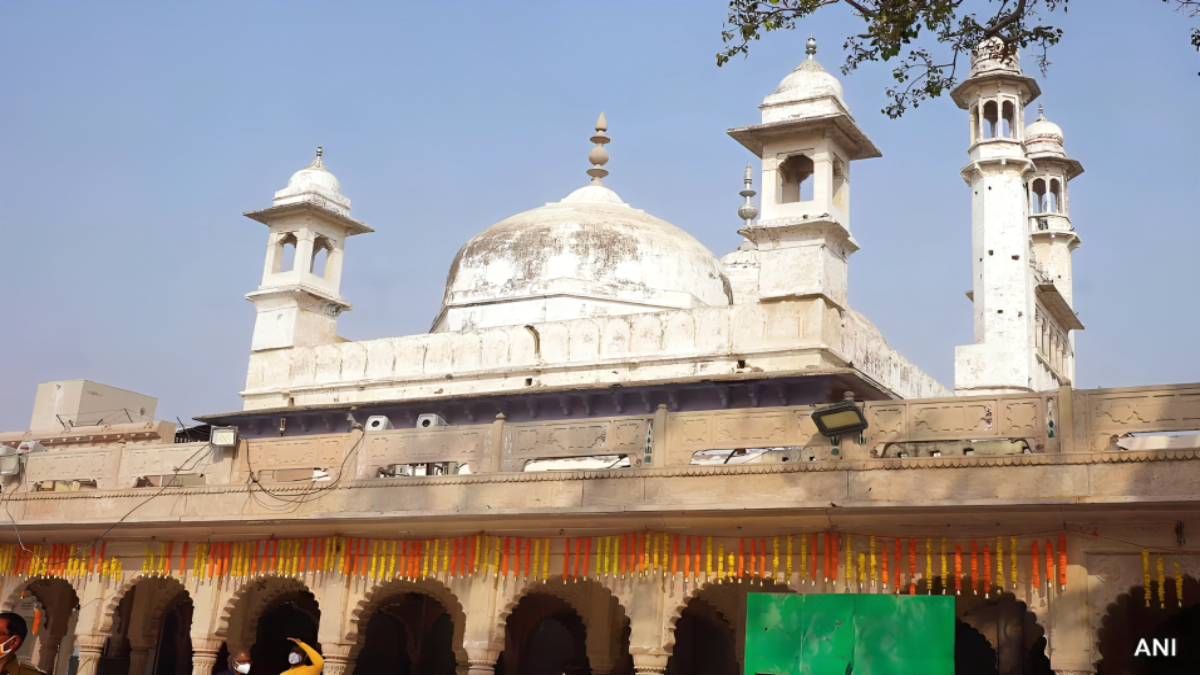On Wednesday, the Varanasi court granted permission to Hindu devotees for offering prayers within the ‘Vyas Ka Tekhana’ section located within the Gyanvapi mosque complex.
Akhlaq Ahmed expressed his intention to challenge the decision of the Varanasi Court by approaching the Allahabad High Court. He emphasized that the order disregarded the Advocate Commissioner report of 2022, the ASI’s report, and the decision of 1937, all of which favored the Muslim side. Furthermore, he pointed out that the Hindu side failed to provide any evidence of prayers being conducted before 1993 and clarified that there is no idol present in the area. Advocate Merajuddin Siddiqui also stated his intention to seek recourse in higher courts in response to this order.
“I cannot accept any such order. The District Magistrate and the District President are collaborating closely. We will engage in a legal battle to address this issue. It is clear that this is being done for political gain. They are following the same approach as in the Babri Masjid case. The Commissioner’s report and ASI’s report previously stated that there was nothing inside. We are extremely dissatisfied with this decision,” expressed Merajuddin Siddiqui.
He further emphasized that there is no evidence to support the claim that prayers were conducted before 1993.
In a recent development, the Varanasi court has granted permission to Hindu devotees to offer prayers within the ‘Vyas Ka Tekhana’ area located within the Gyanvapi mosque complex.
The court has instructed the district administration to make the necessary arrangements within the next seven days.
Advocate Vishnu Shankar Jain, who is representing the Hindu party, informed ANI that the commencement of the Puja will take place within a week. He emphasized that every individual will be granted the right to participate in the Puja ceremony.
According to Jain, the Hindu community has been granted permission to offer prayers at ‘Vyas Ka Tekhana’. It is the responsibility of the District Administration to make the necessary arrangements within the given timeframe of seven days.
Within the mosque’s basement, there are four ‘tahkhanas’ (cellars), one of which is still under the possession of the Vyas family, who used to reside there.
Vyas, as the hereditary pujari, had filed a petition requesting permission to enter the tahkhana and resume the pooja rituals.

